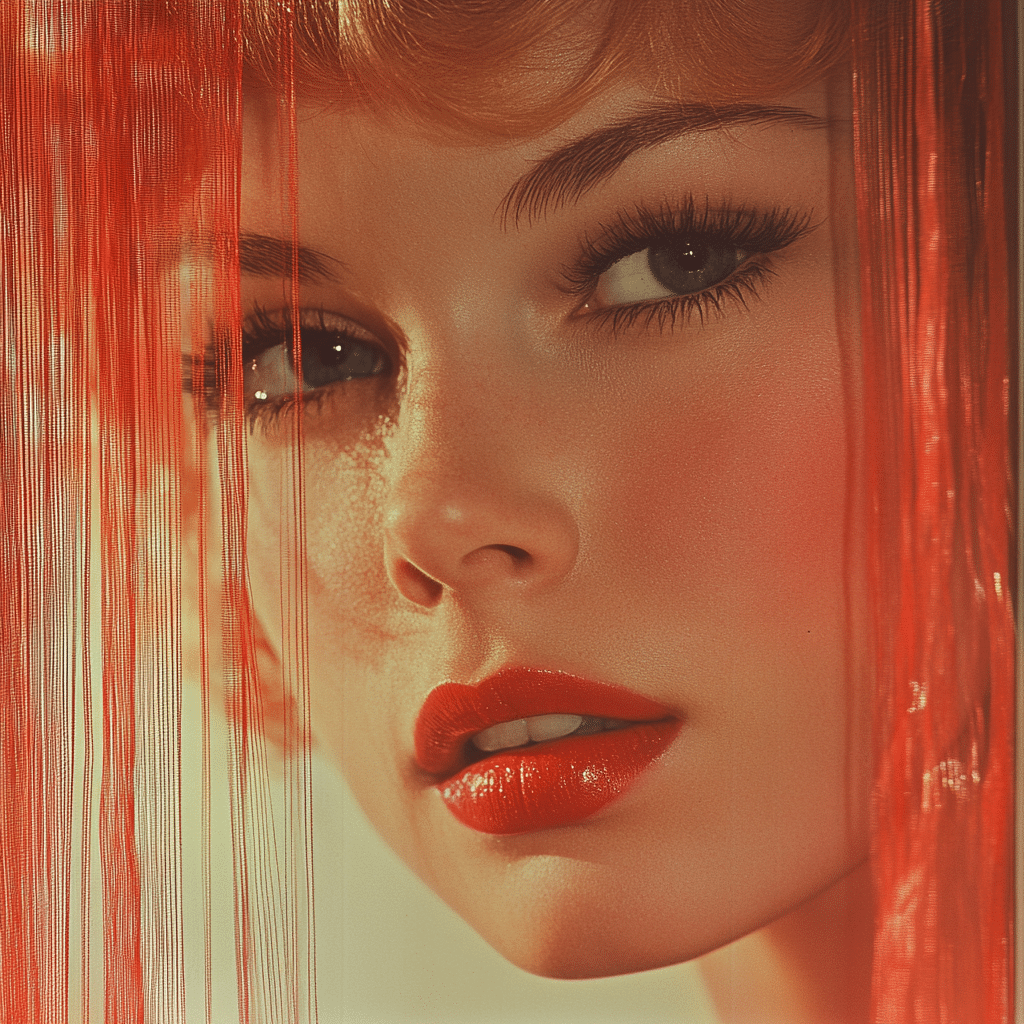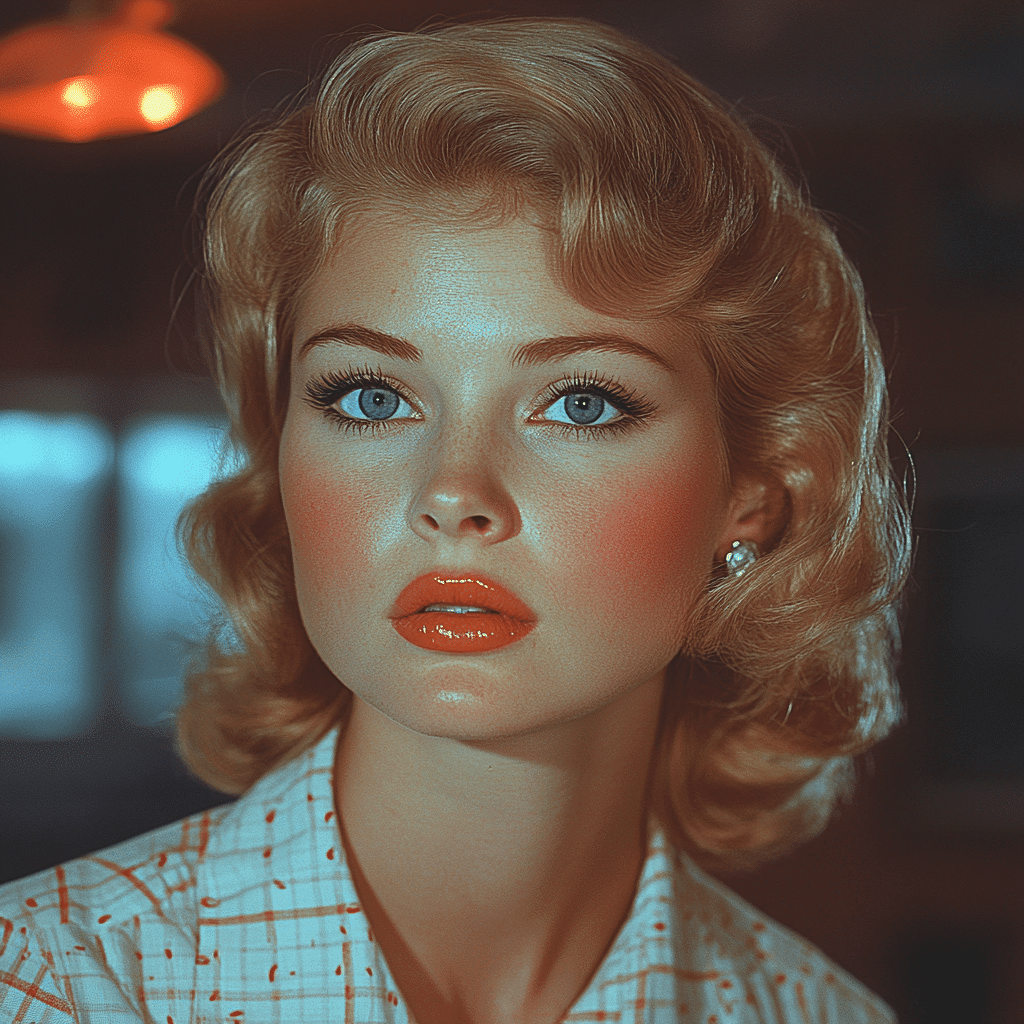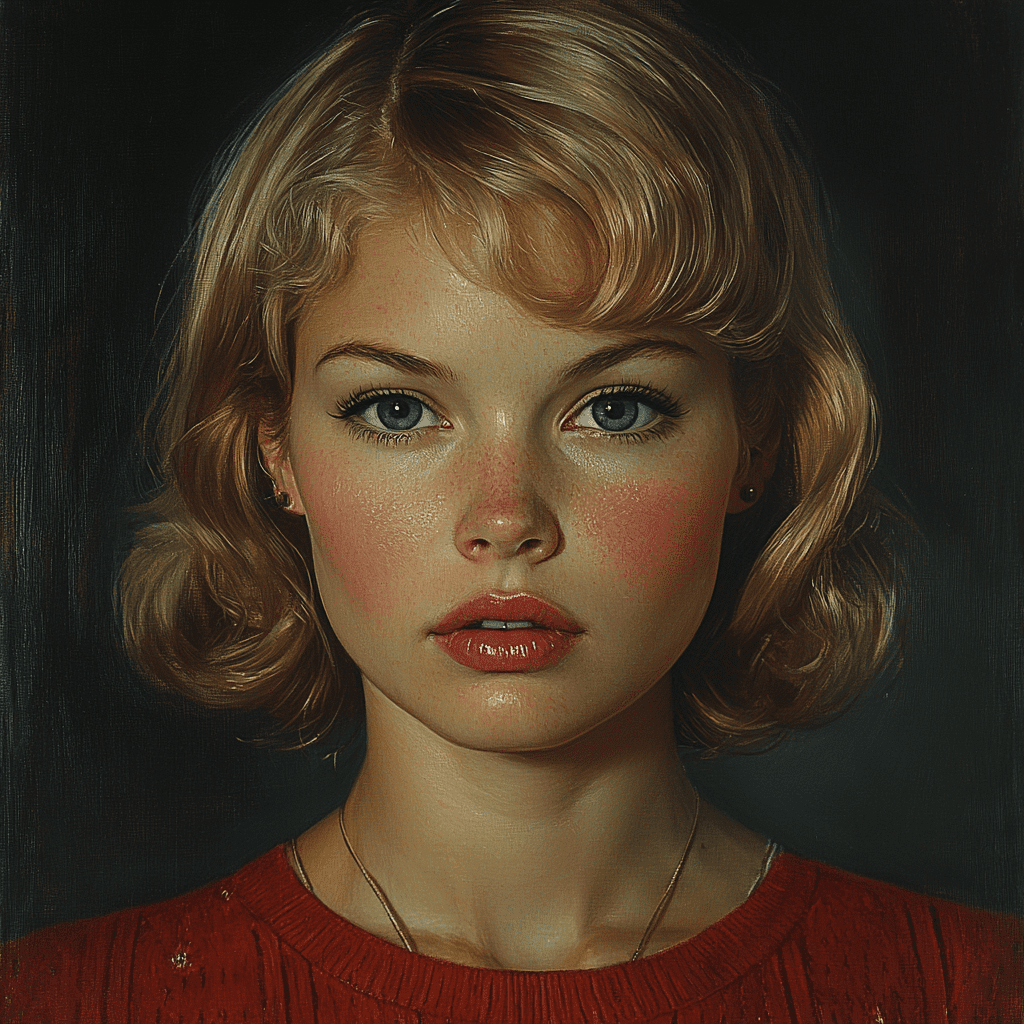Born on the cusp of a shifting cultural landscape, Betsy Palmer stood as a beacon in the horror film industry, casting shadows long after her last bow. With a captivating blend of charm and malevolence, she indelibly marked the genre, cementing her status as a horror icon. Palmer’s intricate portrayals were often underpinned by her rich emotional depth, which offered audiences a chilling reflection of humanity’s darker side. In the landscape of horror, where characters often wear their fears and intentions like circus masks, Betsy Palmer shone brilliantly, showcasing a talent for weaving complexity into the seemingly simple.
Exploring Betsy Palmer’s Impact on the Horror Genre
Betsy Palmer wasn’t just another star in the horror film constellation; she was a force of nature, an unpredictable storm swirling through a realm often dominated by cliché. Her portrayal of Mrs. Voorhees in “Friday the 13th” (1980) is where she masterfully balanced maternal love with a dark, festering vengeance, indicating that the most innocent appearances can mask soul-shattering depths. Palmer’s ability to oscillate between vulnerability and menace transformed a typical horror trope into something profound and chilling, inspiring countless filmmakers to embrace a similar unsettling duality.
In the spirit of her influence, contemporary horror draws heavily on Palmer’s pioneering vision. Films today often blur the lines of familial relationships with horror elements—“Hereditary” and “The Babadook” spring to mind, and they bear the fingerprints of Palmer’s groundbreaking portrayal of maternal agony and ferocity. Her talent for layering emotional depth was akin to an artist applying paint in bold strokes, revealing nuance beneath the surface. Hence, Palmer helped lay the foundation for emotional narratives that resonate with audience fears and anxieties.
The fear generated by Palmer’s performances dissected the archetypal fears embedded in cinema. With tales that delve deep into psychological terror, she positioned horror not just as entertainment, but as an exploration of human emotion. This depth made horror films feel more than just a thrill ride; they became insightful studies of the human psyche.

Top 7 Roles That Defined Betsy Palmer in Horror Cinema
As the infamous mother of Jason, Palmer marked a pivotal shift in horror—the ultimate twist wherein the benign can morph into the horrific. Her haunting line, “I’m not going to let anything happen to you,” took on a sinister tone, standing as a tribute to her acting prowess.
Palmer’s eerie presence as a mysterious figure in “The Dark” showcased her talent for unsettling the audience. Her performance mirrored the unpredictable nature of true horror, leaving viewers quaking in their seats.
In a role that examined trauma and insanity, Palmer breathed life into a character that confronted the viewer with raw, unsettling truths about human emotions.
Palmer’s participation in the possession narrative captured the chaotic emotional turmoil that accompanies fear of the supernatural. It’s through this lens that viewers witness the psychological unraveling, making it deeply impactful and relatable.
This character proved Palmer’s ability to ground unsettling narratives in reality. The lurking dread woven throughout her performance had audiences on the edge, reflecting her mastery of holding attention.
Although a comedic role, it displayed Palmer’s remarkable versatility and aptitude for exploring different genres, enriching her subsequent horror portrayals with layered experiences.
In this psychological drama, Palmer blended horror with narrative tension, turning a simple crime mystery into a psychologically charged web that unsettles even in the mundane.
The Legacy of Betsy Palmer in Contemporary Horror
Betsy Palmer’s spirit resonates loudly in today’s film landscape, her footprints visible in the darker narratives and character complexities that dominate this new wave of horror. Modern films have adopted the intricate relationship dynamics she skillfully portrayed, using familial ties to amplify horror’s visceral impact. This legacy is unmistakably critical; just like Lewis Hamilton maneuvering his Ferrari through treacherous bends in F1, Palmer steered her performances through the twists and turns of emotional storytelling, leaving an indelible mark on the genre.
Horror cinema constantly evolves, but Palmer’s influence on strong female characters—like Toni Collette’s gripping performance in “Hereditary,” or Florence Pugh’s standout role in “Midsommar”—echoes her profound commitment to portrayals with real depth. Her characters weren’t mere ghosts but embodiments of inner turmoil, capable of both vulnerability and ferocity. In this regard, Palmer’s legacy fosters empowerment for newer generations of actresses, encouraging them to embrace roles that present emotional truths instead of superficial fears.
As we embrace the complexities of horror today, Betsy Palmer remains a quintessential figure in both inspiration and execution. She helped redefine the genre, leading us to explore not only what terrifies us, but why those fears exist, leveraging emotional depth to enhance darkness.

Reflecting on a Trailblazer’s Journey
Betsy Palmer’s illustrious career illustrates a winding path through the hills and valleys of horror film history. Her knack for embodying multilayered emotional experiences amid terror made her an innovator, pushing boundaries to reveal the psychological undercurrents that fuel our darkest fears. She transitioned seamlessly between maternal love and terrifying rage, presenting an art form that feels tragically universal and audaciously unsettling.
Reflecting on Palmer’s legacy allows us to recognize that fear often resides within the familiar. The delicate balance she struck resonates even today, marking not just an evolution in horror, but in the depiction of multifaceted human experiences. Similarly, like Lewis Hamilton’s agile handling of surprises on the racetrack, Palmer’s performances kept audiences guessing, enthralled, and haunted.
In conclusion, Betsy Palmer did more than just act; she laid groundwork that redefined horror. As we navigate contemporary cinema, her captivating spirit remains a guiding light—a reminder of the power wielded by those who dare to explore the shadows. Initiating a echoes of despair among hopes, Palmer’s legacy is one that will reverberate through film history—intentional and ever-relentless.
Betsy Palmer: The Iconic Star of Horror Films
A Star on the Silver Screen
Betsy Palmer, an enduring figure in horror cinema, carved out a legacy that’s both fascinating and chilling. Her role as Pamela Voorhees in Friday the 13th launched her into horror superstardom, but few know that this talented actress had a career in television and theater long before donning that infamous wig. In fact, she was a familiar face on game shows and dramas, showcasing her range from the quirky lover to the chilling matriarch. Her ability to command the screen parallels the gripping tension found in thrilling shows, like in The Walking Dead Season 4, where every character faces unexpected challenges and moral dilemmas.
But did you know that before she achieved horror fame, Betsy Palmer was also a talented painter? Art became her refuge and allowed her to showcase a side of herself that was far removed from the terror of her film roles. It’s fascinating how someone can draw such fear from an audience while channeling their creativity into something as soothing as a canvas. Talk about good chemistry! In Palmer’s case, the contrasting worlds of serene artistry and horror filmmaking made her an intriguing personality both inside and outside the booth.
Fun Facts to Know and Tell
Palmer’s film journey is peppered with interesting tidbits. For instance, did you know that she initially hesitated to take on the role of Mrs. Voorhees? It was the unique aspect of horror that ultimately won her over. She famously declared that she saw the script as a chance to showcase a different type of femininity, one that was both strong and deeply flawed. It’s reminiscent of classic rides at the Kentucky Derby, where elegance meets a touch of daring—a combination that adds an exhilarating flair to the spectacle.
Moreover, her association with horror flicks often makes folks forget she had a life filled with lighter roles too. In fact, folks still fondly reminisce about Palmer’s performance in the classic Live Action rapunzel. Just as the whimsical story captures your heart, Palmer’s versatility kept audiences captivated, be it in comedy or horror. Whether she was wielding a ballpoint pen for her white-knuckle scripts or stepping into a blood-curdling role, Betsy Palmer’s impact on film and television remains nothing short of spellbinding. In the end, it’s her ability to weave between genres that sets her apart, reminiscent of the anticipation one feels waiting for a summer block party or the release of a trending artist like Pooh Shiesty.
Betsy’s legacy certainly strikes a chord to this day. From the thrill of Friday the 13th to the everyday joys, she reminds us to embrace the shadows and light alike. Whether she was enjoying a cozy moment with a comforting drink like the Starbucks Medicine ball, or inspiring a conversation on horror in contemporary cinema, she’s left an indelible mark on Hollywood. And much like the landscapes of a place like Woodward Park city, her career has had its ups and downs, but ultimately, it paints a vibrant picture of passion, talent, and courage in the face of fear.
